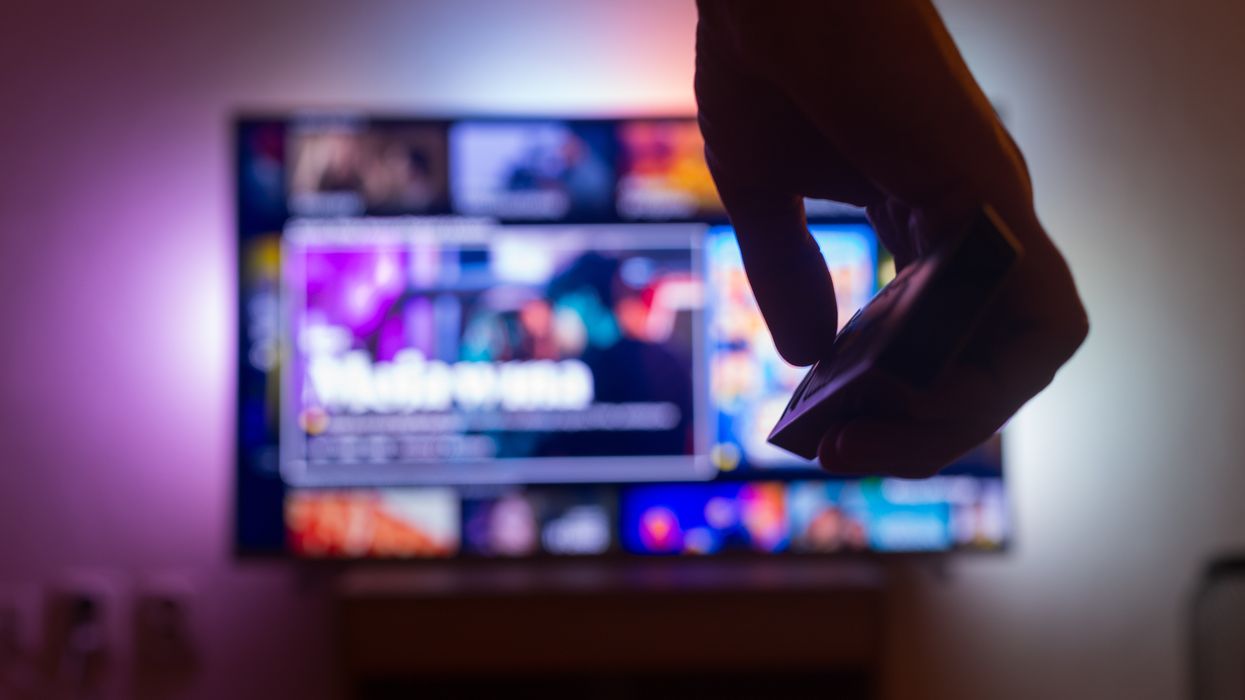The TV Licence fee in the UK has recently increased, and future changes to the system may also affect people who watch content solely through streaming platforms like Netflix, Amazon Prime Video, or Disney+.
As of now, UK residents are required to pay the TV Licence fee if they watch live television or use BBC iPlayer. The fee rose by £5 on 1 April 2025, increasing from £169.50 to £174.50 per year. This equates to approximately £14.54 per month. Those who watch only on-demand content via streaming services remain exempt from paying the fee under current rules.
However, with a growing number of people turning to on-demand streaming and moving away from traditional live TV, there is ongoing discussion about how the BBC should be funded in the future. The current funding structure relies heavily on the TV Licence fee, but this model is under review.
According to a report by The Express, the debate around modernising the BBC’s funding model is expected to intensify in the coming years. The existing royal charter, which outlines how the BBC is governed and funded, is due to expire in 2027. As a result, discussions have reportedly begun within the UK Government about potential reforms to how the broadcaster is financed.
Sources cited by The Express have indicated that one option being considered is requiring subscribers to streaming services to contribute towards the TV Licence. The aim would be to align the funding model with current viewing habits, which are increasingly focused on on-demand content rather than scheduled broadcasts.
Other proposals mentioned in the report include placing a specific tax on streaming services, charging BBC radio listeners, or introducing advertising across BBC platforms. No final decisions have been made, and the government has not confirmed any of these proposals as official policy.
At present, the rules remain unchanged. You are only required to pay the TV Licence fee if you:
- Watch or record live TV broadcasts on any channel or platform (including Sky, Virgin Media, Freeview, or streaming services that offer live content).
- Use BBC iPlayer, whether to watch live or on-demand content.
If you only watch content on demand through platforms such as Netflix, Amazon Prime Video, or Disney+, and do not use BBC iPlayer or watch live broadcasts, you do not need a TV Licence.
That said, with the upcoming expiration of the BBC's royal charter, the possibility of extending the licence fee or introducing new charges for on-demand viewing is being explored. If implemented, this could result in streaming-only households having to pay the licence fee, even if they never access live TV or BBC iPlayer.
Such a change would mean an additional cost for millions of households who currently watch only on-demand content. If the licence fee were extended to include streaming service users, those affected would need to budget for the £174.50 annual cost — equivalent to just over £14.50 per month — on top of their regular subscription fees.
No formal proposals or timelines have been released, and for now, streaming service users are not impacted. However, the discussions suggest that reforms to the TV Licence system are likely, especially as media consumption habits continue to evolve.
The BBC has previously emphasised the need to secure a sustainable funding model in an increasingly digital media environment. Any changes would likely be subject to public consultation and debate as the 2027 deadline approaches.
In the meantime, those who exclusively stream on-demand content through services like Netflix, Prime Video, or Disney+ do not need to take any action and remain exempt from paying the TV Licence fee — unless they choose to watch BBC iPlayer or live TV content.
Future updates from the Government or the BBC may clarify the direction of any planned reforms to the funding model, and streaming viewers should stay informed as the situation develops.





